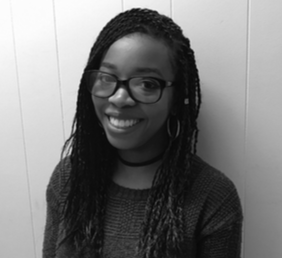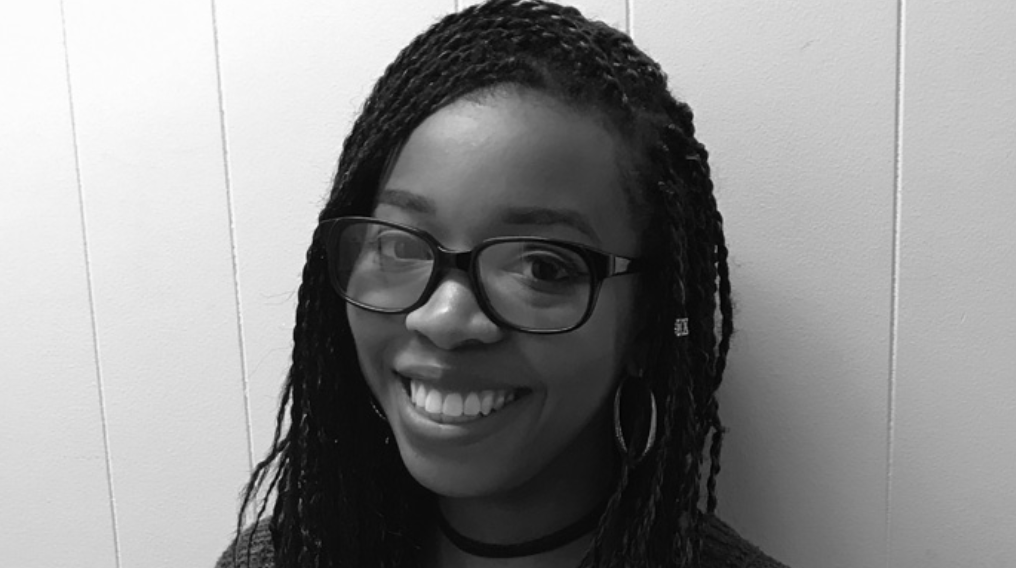By Kristina Huderski
Staff Writer
The Digital Commons, as the Pioneer reported in a story by Nicole Curcio on Feb. 1, is a new repository introduced by the LIU libraries in fall 2016 to share and save works by students and faculty. Although it was created as a way to highlight student scholarship, many students have mixed feelings about the new repository.

Students in the broadcasting program often create videos for their senior projects, and sometimes include art, music or other minor content from third parties. Yet, the Digital Commons requires these students to have all copyright paperwork before publication. If these videos are uploaded without copyright paperwork, the students could run into legal issues.
Jean Carlomusto, professor of broadcasting in the department of communications & film, said, “When you have a project, a documentary, you often times are commenting on copyrighted material. So, you may have a situation where you don’t have the copyright, but you are making a fair use argument.” In order to make a fair use argument when using copyright, you must know the four different criteria that define fair use. “I don’t think any of our students want to go to court,” Carlomusto said.
Brittany Mitchell, a senior broadcasting major in the honors college, believes it’s hard for students to qualify for the Digital Commons because of legal issues. “There are some issues with regard to copyright laws that would make it very difficult for many students to participate in the Digital Commons,” she said.
Grace Udoh-Oshin, another senior broadcasting major in the honors college agreed. “This database would make it hard for broadcast students, like myself, who use third party sources for their projects to be able to legally publish their senior projects. If students were given access to more resources or given more support when compiling footage for their senior projects so that everything could be original, then I would get behind the concept of the Digital Commons.” Oshin was unaware of the Digital Commons until she was interviewed for the Pioneer.
Carlomusto discussed tips that she gives students before they make a project that may be published in the Digital Commons. “You want to discourage them from using copyrighted material unless they have to, or see if they can get a license to use the copyrighted material,” Carlomusto said. When using copyright material, every video that you use as a source in your project would need its own license. Carlomusto believes the first step before making your project is asking yourself if you really need this copyright material, because if so, it will make matters more difficult.
Although students have raised concerns about the Digital Commons, it is a great way for them to have their work published worldwide. “The Digital Commons is really great in terms of getting students’ hard work recognized,” Mitchell said. Carlomusto agreed. “The Digital Commons is a great way for people to put their projects online, but if they have copyright issues, then they shouldn’t do it.”







Be First to Comment